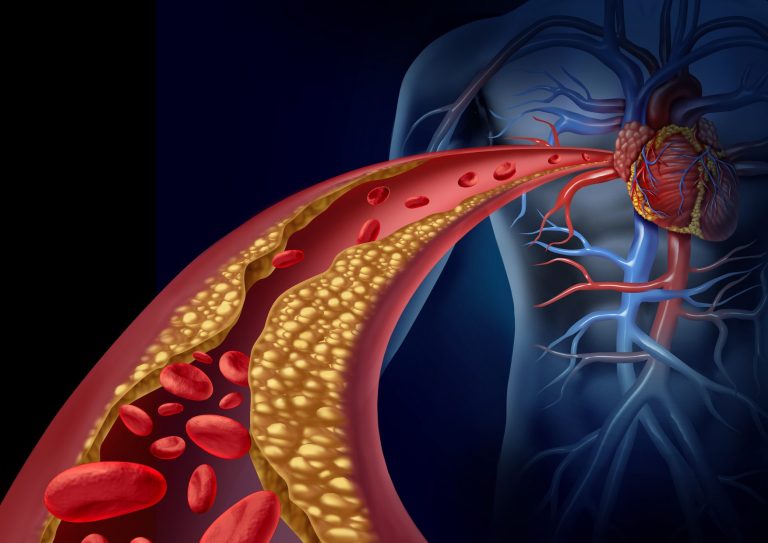
A simple and inexpensive blood test can predict how likely someone is to die in the three years following a heart attack, according to research led by the National Heart and Lung Institute at Imperial College London.
High-sensitivity C-reactive protein (hsCRP) is known to be a marker of inflammation, and thought to represent poor prognosis in patients with acute coronary syndrome. However, minimal large-scale trials testing the validity of this biomarker as a prognostic predictor for cardiovascular disease patients following events such as a heart attack have taken place.
In the current study, which was published in PLOS Medicine, Ramzi Khamis, a consultant cardiologist and senior lecturer at the National Heart and Lung Institute at Imperial College London, and colleagues studied 102,337 patients who were admitted to hospital with a suspected heart attack and who had measurements of troponin and hsCRP taken on admission.
They assessed whether a mildly raised hsCRP level (15 mg/l or below) on hospital admission could predict a worse outcome over the following three years. The initial cohort of possible patients was over 200,000, but a significant number did not have hsCRP measured and the rest had hsCRP levels higher than 15 mg/l.
Normal levels of hsCRP are around 2 mg/l or less. The researchers split the cohort according to their initial levels of less than 2 mg/l (38,390 patients), 2–4.9 mg/l (27,397 patients), 5–9.9 mg/l (26,957 patients), and 10–15 mg/l (9,593 patients).
Levels of hsCRP were linked to risk for dying in that the higher the level of hsCRP the greater the risk of mortality. The relative risk of dying compared with individuals with normal levels was 32% and 40% higher in the 2–4.9 and 5–9.9 mg/l groups, respectively, at three years. The 10–15 mg/l group had risk levels twice as high as the normal levels (less than 2 mg/l) group.
These increased risks were independent of various factors including age, sex, and troponin levels, another biomarker used to predict risk of events, although patients who also had high troponin were at additional risk.
“This long-term risk is clinically significant and may present an opportunity to improve patient selection for novel diagnostics and therapeutics,” write the authors.
“Testing for this biological ‘red flag’ at the same time as other hospital tests identifies those more vulnerable patients who should be receiving closer medical attention. Importantly, we hope with more research, we can be successful in developing new therapies that specifically combat inflammation to improve outcomes in heart disease,” said Khamis, in a press statement.











